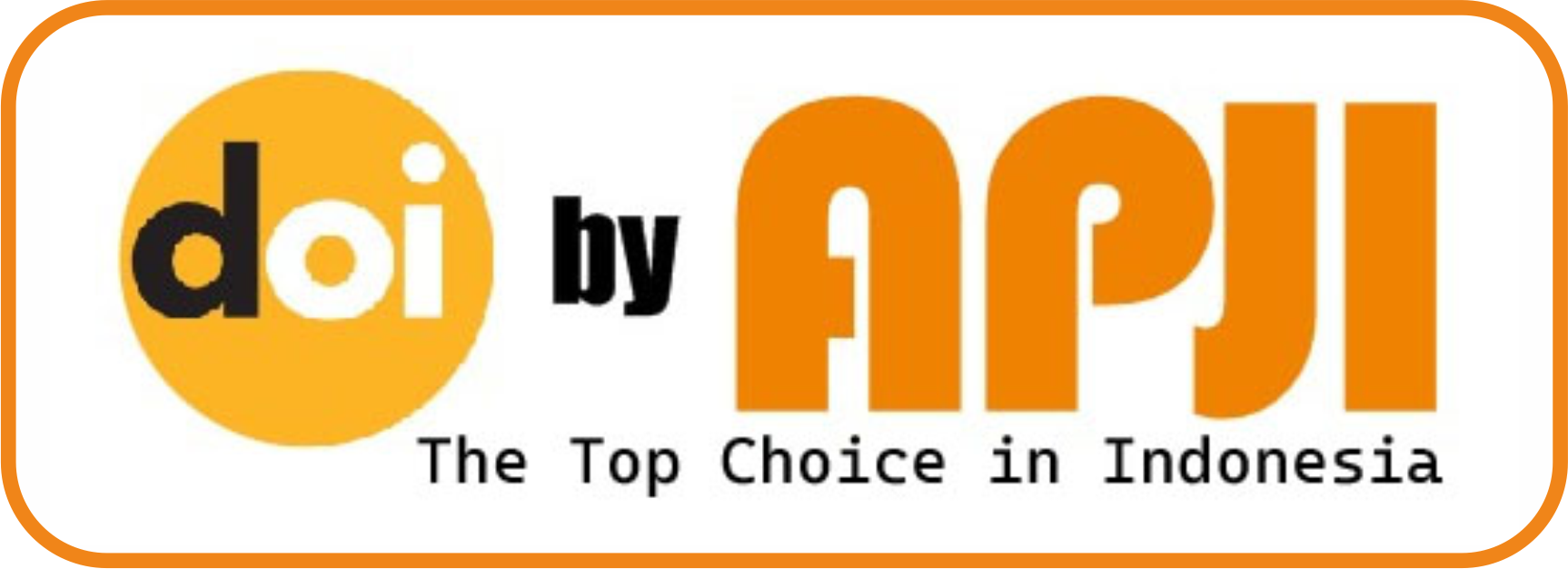Publication Ethics and Publication Malpractice Statement
Journals of Indonesian Multidisciplinary Research follows and participate to:
COPE’s Best Practice Guidelines for Journal Editors
COPE Guidelines on publication ethics
COPE Core practices in publishing scholarly literature
C4DISC Joint Statement of Principles
Journal of Indonesian Multidisciplinary Research
The ethical standards of Journal of Indonesian Multidisciplinary Research (JIMR) are based on the Committee on Publication Ethics (COPE) Best Practice Guidelines for Journal Editors. We are committed to ensuring the highest standards of publication ethics and to preventing any publication malpractice.
Duties of Editors
Publication Decisions
The editor is responsible for deciding which submitted articles should be published. Decisions are based on the journal's editorial policies and constrained by legal requirements such as libel, copyright infringement, and plagiarism. The editor may consult with other editors or reviewers to support decision-making.
Fair Play
Manuscripts are evaluated solely on their intellectual merit without regard to race, gender, sexual orientation, religious belief, ethnic origin, citizenship, or political philosophy of the authors.
Confidentiality
Editors and editorial staff must not disclose any information about a submitted manuscript to anyone other than the corresponding author, reviewers, potential reviewers, other editorial advisers, and the publisher.
Disclosure and Conflicts of Interest
Unpublished materials disclosed in a submitted manuscript must not be used by editors in their own research without the express written consent of the author.
Duties of Reviewers
Contribution to Editorial Decisions
Reviewers assist the editor in making editorial decisions and may also assist authors in improving their manuscripts through constructive feedback.
Promptness
Reviewers who feel unqualified to review a manuscript or unable to provide a timely review must notify the editor and withdraw from the review process.
Confidentiality
Manuscripts received for review must be treated as confidential documents and should not be shown to or discussed with others without the editor’s permission.
Standards of Objectivity
Reviews should be conducted objectively. Criticism should focus on the content of the work, not on personal attributes of the authors.
Acknowledgement of Sources
Reviewers should identify relevant published works that have not been cited by the authors. They should alert the editor to any substantial similarity or overlap with other published papers.
Disclosure and Conflict of Interest
Reviewers must not use privileged information obtained through peer review for personal advantage and should not review manuscripts where they have conflicts of interest.
Duties of Authors
Reporting Standards
Authors should present an accurate account of the work performed and an objective discussion of its significance. The manuscript should contain sufficient detail and references to allow others to replicate the work. Fraudulent or knowingly inaccurate statements are unethical and unacceptable.
Originality and Plagiarism
Authors must ensure that their work is entirely original. Where others’ work or ideas are used, proper acknowledgment and citation must be given.
Multiple, Redundant, or Concurrent Publication
Authors must not submit the same manuscript to more than one journal simultaneously or publish the same research in multiple venues without appropriate justification.
Acknowledgement of Sources
Proper acknowledgment of the work of others must be given. Authors should cite publications that have significantly influenced their work.
Authorship of the Paper
Authorship should be limited to those who have made a significant contribution to the conception, design, execution, or interpretation of the study. The corresponding author must ensure that all co-authors have seen and approved the final manuscript and have agreed to its submission.
Disclosure and Conflicts of Interest
Authors must disclose any financial or other conflicts of interest that could influence the results or interpretation of their manuscript. All sources of financial support must also be disclosed.
Fundamental Errors in Published Works
When an author discovers a significant error or inaccuracy in their own published work, they must promptly notify the editor or publisher and cooperate to retract or correct the paper.







